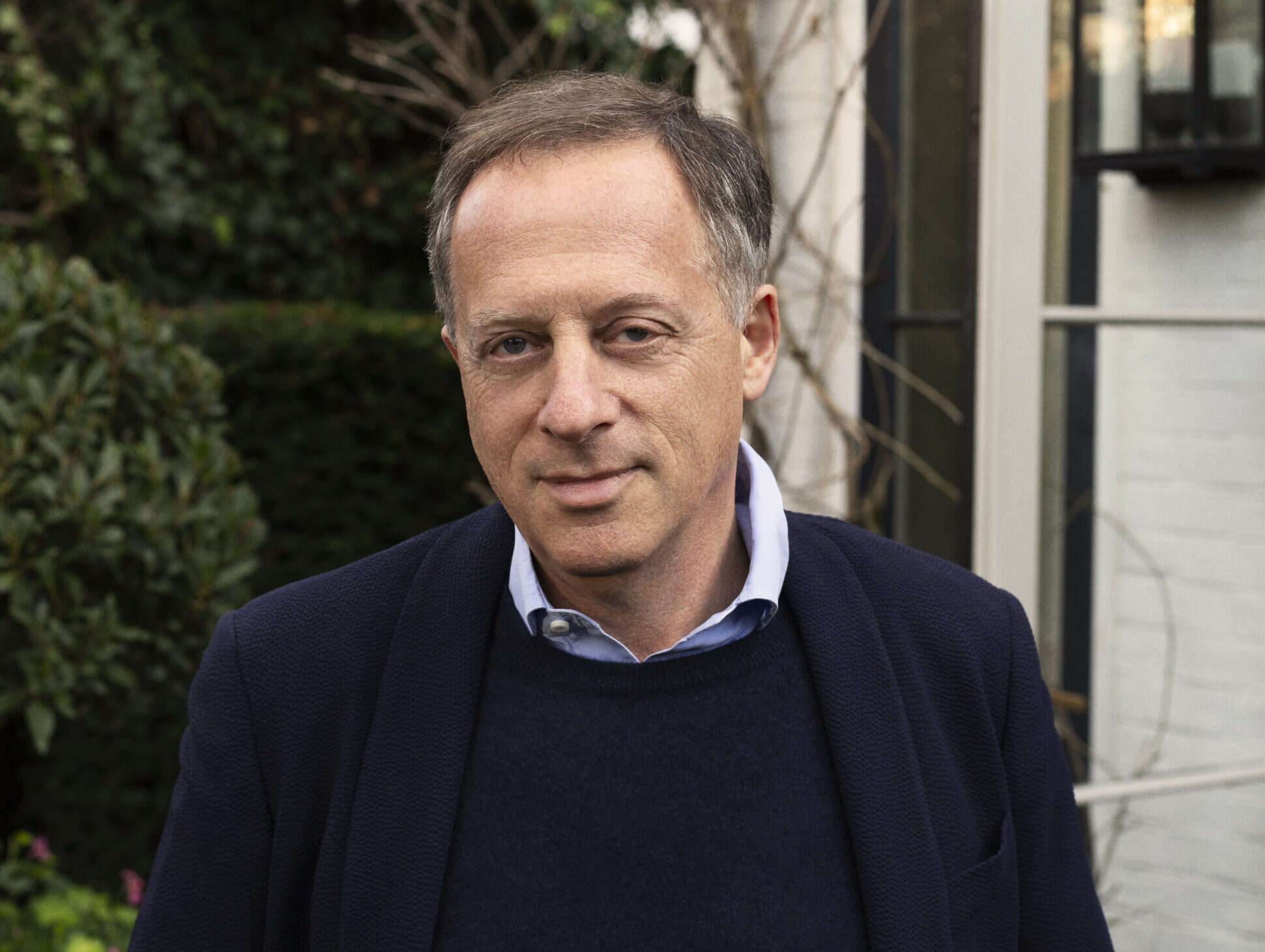
The BBC’s next chairman, ex-banker Richard Sharp, has said its coverage of Brexit was “incredibly balanced” but that the broadcaster needs to get better at investigating complaints against it.
Richard Sharp blamed confirmation bias on both sides of the argument for many of the accusations of partiality around the BBC’s Brexit news and information output.
The Government named Sharp as its preferred candidate to be the next BBC chairman last week and he appeared for a pre-appointment grilling in front of the Digital, Culture, Media and Sport Committee on Thursday.
Asked if he thought the BBC’s Brexit coverage had been unbalanced, Richard Sharp said: “No, actually I don’t.
“I believe there were some occasions when the Brexit representation was unbalanced.
“So if you ask me if I think Question Time seemed to have more Remainers than Brexiteers, the answer is yes, but the breadth of the coverage I thought was incredibly balanced, in a highly toxic environment that was extremely polarised.”
He dodged defining his own position on Brexit, saying: “I’m considered to be a Brexiteer.”
Sharp later said the BBC needs to be its “own toughest critic on impartiality” but that it sometimes adopts an “ad hominem defence which is we are the BBC therefore it’s impartial”.
He added: “It shouldn’t be instinctively defensive, it should say ‘somebody intelligent has accused us of being impartial, we’re going to look at it objectively and form a view…
“The BBC has to be open that from time to time it may get it wrong… the question is, is it systematically impartial, does it have a groupthink, are the editors all one way or the other and it needs to be balanced and everybody working in the BBC needs to understand they hold the reputation of the BBC in their hands.
“And to make mistakes – they happen from time to time but they certainly shouldn’t happen systemically and if they do that’s a failure of the executive and it’s a failure of the governors.”
Sharp said he is not in favour of decriminalisation of the licence fee, which he described as the “least worst” option for funding the BBC.
“I happen to be satisfied looking at it in a superficial way that the current process is fit for purpose,” he said although he acknowledged it “may be worth reassessing”.
Sharp revealed he has previously applied for the chairman job and not got it, and that he plans to give his entire £160,000 salary for the part-time role to charity.
Sharp appeared on the Sunday Times Rich List in 2008 with an estimated worth of £150m.
He has donated about £400,000 to the Conservative party in the past 20 years but said he has in the past ten years met the standards of the Civil Service Code and that he will not make any political donations while in the chairman position.
He also insisted that although he applied for the job because of encouragement from friends, there were no politicians among them.
Sharp, 64, was once Chancellor Rishi Sunak’s boss and he acted as an adviser to help him with his response to the economic impact of the Covid-19 pandemic. He will now leave this role.
He is a former chairman of principal investment in Europe at financial services giant Goldman Sachs and has more than 30 years of experience in the financial sector, also spending time in both commercial and investment banking for JP Morgan.
He was also a member of the Bank of England’s Financial Policy Committee from 2013 until 2019 and sits on the board of the Centre for Policy Studies, the think tank founded by Margaret Thatcher in the 1970s.
Sharp was asked about the cancellation of the regional investigative journalism programme Inside Out last year and he said this type of content was a “fantastic opportunity for the BBC to differentiate itself” from the tech giants.
[Read more: BBC says Inside Out cancellation part of ‘long overdue’ changes to regional current affairs output]
“I’m certainly a great believer in community and localism and in the BBC’s desire to compete with offerings that have global resonance and compete with the Netflixes, the Amazons, the Apples of the world etc it’s easy to lose sight of the important community which is very local and I think one of the things this pandemic has brought to us is an understanding of the importance of real localism in terms of much smaller communities even than regions,” he said.
He also raised the culture inside the BBC as a key issue, pointing to the equal pay row, trust in leadership and the “chaotic processes” identified in a 2012 report, saying it would “produce a better output inevitably” if some rebuilding takes place to ensure staff are happy to work there.
Picture: DCMS/PA Wire
Email pged@pressgazette.co.uk to point out mistakes, provide story tips or send in a letter for publication on our "Letters Page" blog

